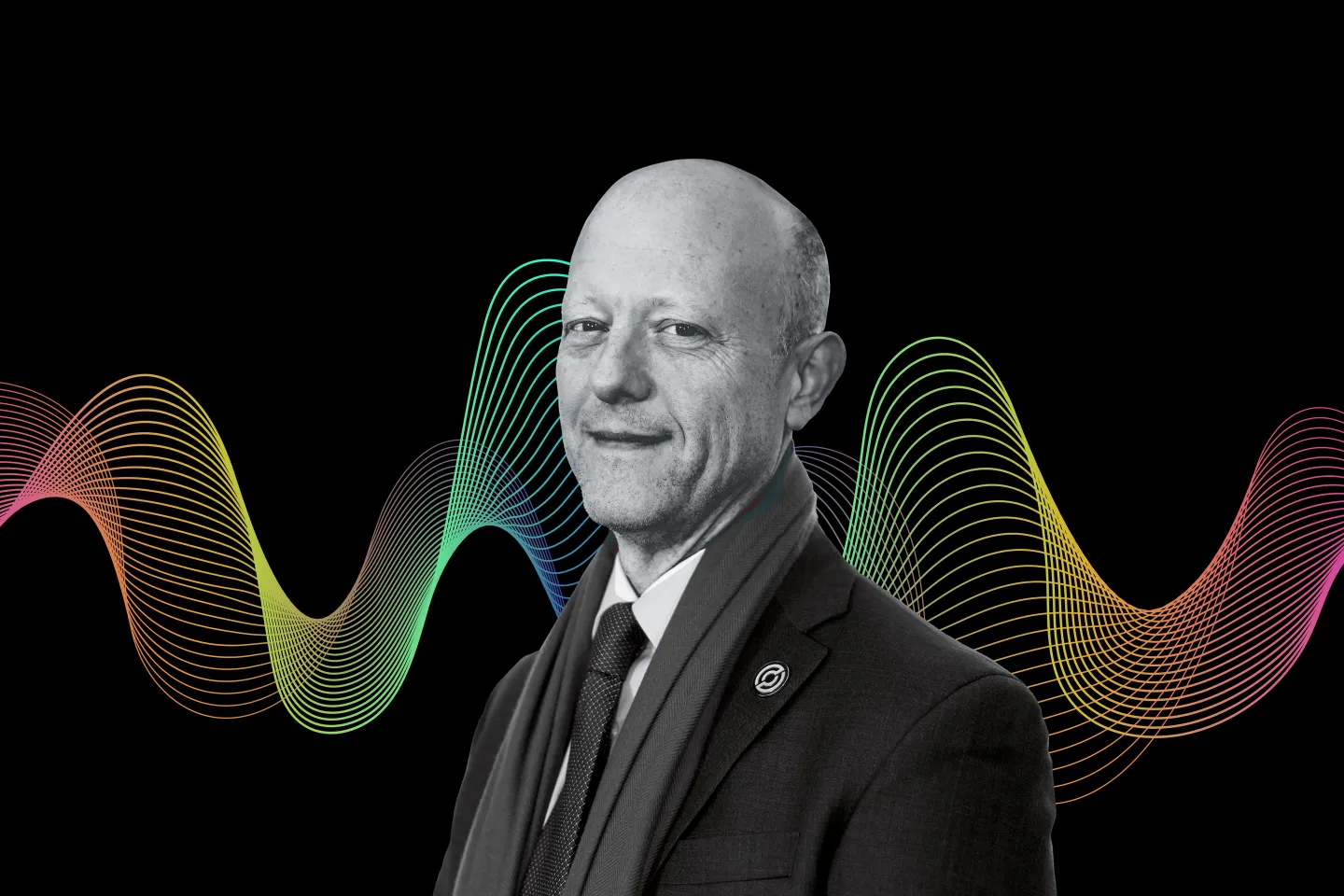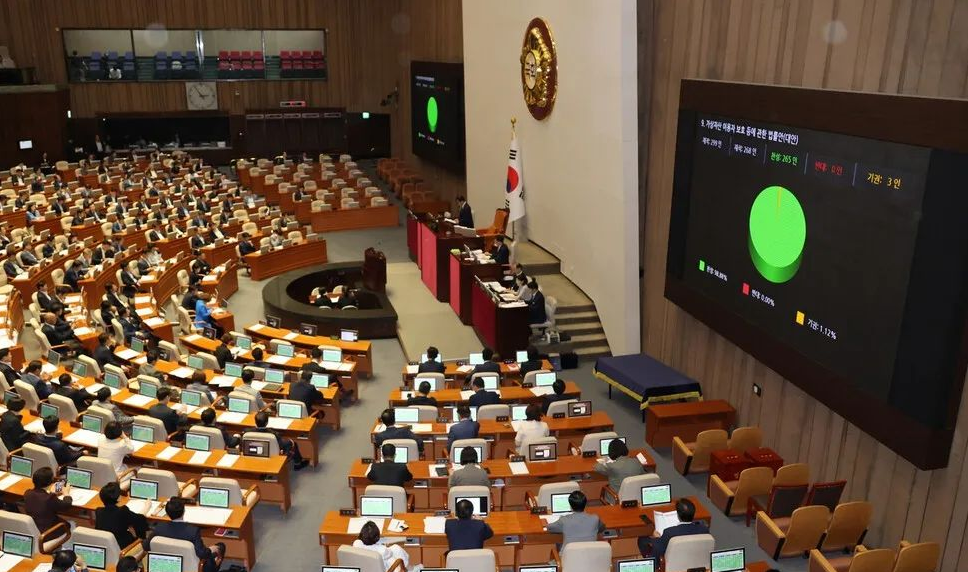African Gold Rush I Help Chinese People with Worldcoin KYC, Earning Up to 20,000 RMB per Day
African Gold Rush Help Chinese with Worldcoin KYC, Earn Up to 20,000 RMB/DayAuthor: Jessy, LianGuai
Recently, Zhao Zhao (alias), who once went to a certain country in East Africa to find black people to do Worldcoin KYC and then resell the accounts to domestic users, has returned to China. The product that users on Xianyu encountered, which claimed to have passed Worldcoin KYC, is actually sourced from third parties like Zhao Zhao in Africa.
But now this business is not doing well. With the official launch of Worldcoin and the transparency of coin prices, there is no more gray area. In addition, due to the unstable political situation in a certain country in East Africa recently, he has suspended the KYC business and returned to China.
This business lasted for more than three months. At its peak, he could earn 20,000 yuan a day at a location where iris verification could be conducted. However, the most profitable period only lasted for two weeks, which was in May when Worldcoin was the most popular in China. At that time, the growth of new local users exceeded expectations, and the operators quickly discovered something fishy.
- Is the concern about Worldcoin groundless?
- Conversation with LianGuai Founder Pan Zhixiong How do Buidlers work?
- Aztec Decentralized Sequencer Solution Analysis Proposal B52 and Proposal Fernet
The following is Zhao Zhao’s account:
Later on, this business became difficult to do. Before I returned to China, one of our employees was caught by the local police and had to pay nearly 250 yuan to be released (the minimum wage in the local area is about 900 yuan per month). The police accused him of disturbing public order, similar to the charge of “disturbing public order” in China.
What we did was to act as a proxy for KYC, which lasted for about three months. I had a full-time job in the local area, and this business was a part-time job for me. The business was not difficult. We found the locations set up by local operators for promotion, and my local employees would take the hired migrant workers to conduct iris KYC verification. Initially, we paid these migrant workers $1, but later, as more teams emerged for third-party verification KYC, the competition became fierce, and their wages increased to $3.
99% of this matter was handled by Chinese people behind the scenes. The competition was intense, and when local Chinese people saw that there was money to be made, they all started doing it. On the one hand, the wages of the migrant workers increased, and on the other hand, the headhunting fees for local employees also increased. In the early stages, the cost of setting up an account was about $6 to $7, but later it increased to $9 or $12.
The later increase in costs mainly came from giving tips to the store staff. They found it strange that one person would bring several people over to complete the verification and then bring more people over. We had to give tips to the store staff for them to allow us to continue.
Worldcoin was the hottest in China in early June. At that time, we would find about 100 people to verify at each operational point every day. However, such days did not last long, only about a week. The local operators realized that something was wrong. Worldcoin’s promotion model was that one operator managed a large region, and each country was divided into five or six large regions, with ten to twenty stores in each region. About every two to three stores were monopolized by a Chinese third party like me. When the regional operators discovered that the data of some stores was much higher than that of other stores, they investigated and found out where the problem was. In order to regulate this “gray industry,” the verification business in the East African country where I was temporarily suspended for a week. I estimate that there were about a dozen Chinese teams doing this, resulting in thousands of fake users every day.
The general public in this country has limited awareness of Web3, and the promotion of Worldcoin in my country is also not good. Before doing this business, I once passed by one of their ground promotion points where they can scan irises. That point was similar to a shed set up for community activities in residential areas in China. At that time, I didn’t realize what they were doing, it wasn’t until I saw related content on Twitter after I got home that I understood it was a ground promotion point for Worldcoin.
If it weren’t for us third-party agents finding people to register, the actual registration volume of a local store is about ten per day. This data is based on my observations: approximately one real user can be seen on-site for registration verification every hour. There are several reasons for the scarcity of real users: firstly, the local infrastructure is poorly developed, and the phones used by the local people are not like the smartphones we have in China. The operation of Web3 applications requires higher requirements for both mobile phones and internet speed. Secondly, the local people have little knowledge of Web3, just like the migrant workers we hired, they won’t accept payment in cryptocurrency, we pay them with local currency.
From this perspective, the East African country I am in, including most parts of Africa, is not a suitable place for ground promotion of Web3 applications. Previously, I also helped Debox promote in the local area. They contacted Chinese people from various places to serve as ambassadors for product promotion, but the effect was only average. I have been living here, and I have hardly seen any other Web3 projects being promoted on a large scale. Local people are more cautious, and if your project becomes successful, the local government will come and take a share.
When we do this, we need to consider the cost-effectiveness and also consider the market trend. Worldcoin should have started promoting in Africa in October last year, but the project was not hot at that time. We couldn’t make money back then, it wasn’t until OpenAI became popular in China this year that this project was brought back up. This business opportunity was completely discovered by Chinese people in May and June.
You calculate, when the cost is $6, selling an account for $40, and one ground promotion point serving one hundred people, then we can make twenty thousand dollars. At that time, we hired a general manager who led five teams, and these five teams would run to different points every day, and one point could handle 80-100 accounts.
In the early stages, the project party would also tacitly approve our behavior of finding people to do KYC on their behalf. After all, with user growth and good data, Web3 projects in the early stages still need data to attract investment. But in the later stages, the project party will definitely want to distance themselves from this behavior and no longer allow so many fake users. The dividing line is when the project party announces that the project will go live at the end of June. In these African countries, the data is rising in a strange way. Moreover, Worldcoin itself emphasizes real KYC, and each person only has one iris.
There is a saying online that our behavior and the promotion of Worldcoin in Africa is the new colonialism of Web3. I would think that those who say such things are being “hypocritical”. One or two dollars is the cost of several meals for local people.
What Worldcoin is doing is indeed giving money to people in these third world countries. I think from this perspective, this project is quite great. But there are still many things that need to be done for the project to go far.
I work in Africa and have some observations about the local Web3 ecosystem. I think a lightweight wallet is more suitable for promotion here. Being lightweight allows it to adapt to the local infrastructure level, and a wallet might meet the needs of local people. For some African countries, their local currency exchange rates are very unstable, and holding a certain amount of mainstream virtual currency can hedge risks. This wallet can cooperate with the government during the promotion process and give certain commissions to local users. The effect should be good.
We will continue to update Blocking; if you have any questions or suggestions, please contact us!
Was this article helpful?
93 out of 132 found this helpful
Related articles
- Full text of the judgment Bybit payroll officer embezzles public funds, Singapore court determines the property nature of cryptocurrency
- After a massive layoff of 73%, will the 3A blockbuster Star Atlas, which was born in a bull market, still be launched as scheduled?
- Exploring the issue of chain nativity bias Is ZK really suitable for transactions?
- How did Futureverse build an AI metaverse with a financing of 54 million US dollars?
- Don’t worry! Withdrawing 1 million U safely is very simple!
- Raising $54 million in funding, how does Futureverse build an AI metaverse?
- Token Incentives in Intent How to Transform Loyal Users into Owners?






